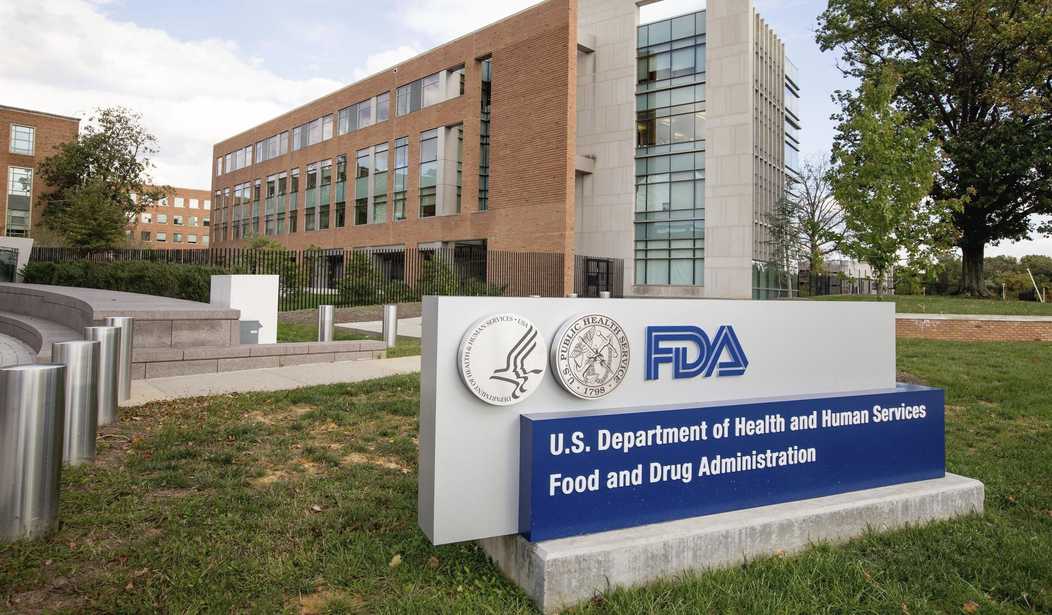Republican Sen. Rick Scott of Florida is seeking answers from the Food and Drug Administration after more than 200 children were sickened from lead poisoning linked to applesauce pouches.
A U.S. inspection of Austrofood, a plant in Ecuador, found the lead poisoning came from the cinnamon, which was supplied by a third-party distribution company called Negasmart. The affected pouches and apple puree “contained levels of lead more than 2,000 times as high as proposed international limits for lead in food,” according to The Washington Post, and were sold under brand names WanaBana, Schnucks, and Weis. By the end of October the manufacturer initiated a voluntary recall.
State and local officials first discovered the contamination after noticing elevated levels of lead in blood screening, which is standard practice in children under the age of 6.
FDA’s Deputy Commissioner for Human Foods Jim Jones told POLITICO while the investigation is ongoing, “all of the signals we’re getting lead to an intentional act on the part of someone in the supply chain and were trying to sort of figure that out.”
“My instinct is they didn’t think this product was going to end up in a country with a robust regulatory process,” Jones added. “They thought it was going to end up in places that did not have the ability to detect something like this.”
FDA believes the act was “economically motivated.” According to Food Safety News, “lead can increase the weight of foods.”
Recommended
The Centers for Disease Control and Prevention has received reports from 33 states, Florida being among them.
“This is a serious issue because it demonstrates the vulnerability of the U.S. supply chain,” Scott said in his letter to FDA Commissioner Robert Califf, recalling that there have been problems in the past with heavy metals in herbs and spices, which oftentimes are sourced from abroad in places like China, Vietnam, and India.
Given the importance of our food supply to protect our children and families, and the need for the FDA to act quickly to ensure families have the food they need to feed their children, please answer the following questions:
- What policies, if any, has the FDA instituted to help ensure that heavy metals are not in common herbs and spices for sale to American consumers, such as in the grocery store or found in prepared food?
- What is considered a safe level of lead in our food supply?
- Is the FDA investigating the sourcing of the cinnamon from this recall product?
- Are the relevant Ecuadorian authorities cooperating with the FDA, so that the origin of the tainted cinnamon will be discovered?
- Does the FDA know where and how the cinnamon was contaminated in the supply chain?
- Is the FDA concerned that one of the largest producers of cinnamon is Communist China which has a history of deception and failing to take responsibility for their economically adulterated products?
- The supply chain has changed after COVID-19 and is more global than it has ever been. How has the FDA adapted to meet this new challenge?
Across the aisle, Sen. Richard Blumenthal also expressed concern.
“The [FDA] should issue regulations that establish action levels, increase targeted compliance and enforcement activities and monitor levels of contaminants over time to determine necessary adjustments,” Blumenthal told The Washington Post in a statement.
Lastly, on Monday we updated the advisory for the Investigation of Elevated Lead Levels in Cinnamon Applesauce Pouches. https://t.co/zKXmWCRRF2
— U.S. FDA (@US_FDA) December 19, 2023

























Join the conversation as a VIP Member